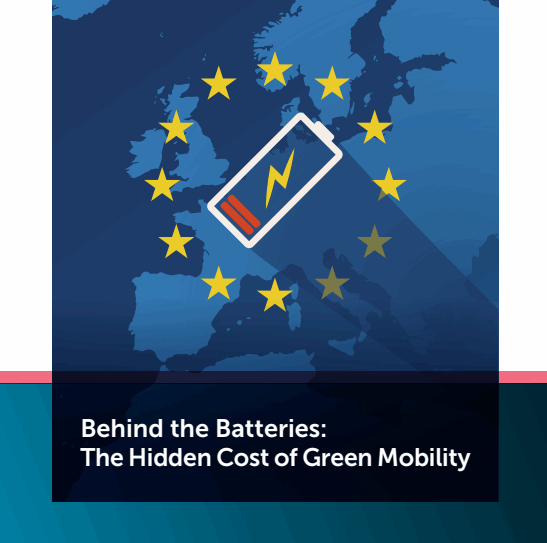At the heart of Europe’s shift to clean and competitive mobility lies a single technology: the battery. How Europe builds, finances, and governs the battery industry will determine not only whether it meets its 2050 climate goals, but also whether it can maintain competitiveness, strategic autonomy, and social cohesion in a rapidly electrifying world. Europe’s move toward clean, electric transport is both a climate necessity and an industrial challenge. Batteries are the key technology enabling this shift, but they come with hidden costs and difficult trade-offs involving the environment, supply chains, and geopolitics.
